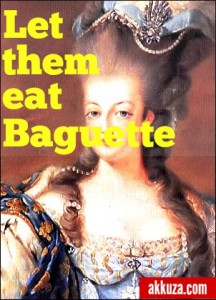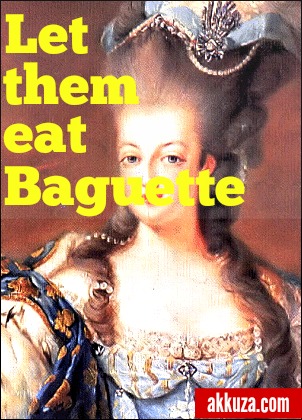 A Happy New Year to all J’accuse readers and diehards. This blog starts its heavy trek towards celebrating ten years of blogging after an unforced hiatus. No, that is not a word stolen from Varist’s vocabulary. I return well rested from a visit to the islands that are fast becoming the second home with a wealth of newly absorbed information about the daily travails of the Maltese citizen.
A Happy New Year to all J’accuse readers and diehards. This blog starts its heavy trek towards celebrating ten years of blogging after an unforced hiatus. No, that is not a word stolen from Varist’s vocabulary. I return well rested from a visit to the islands that are fast becoming the second home with a wealth of newly absorbed information about the daily travails of the Maltese citizen.
The general outlook on Malta seems to be fair. My partner likes to think of Maltese as hobbits because, as she says, “You think of food first and foremost, wherever you go.” In a way it is true. Back from a trip abroad? Visiting a new city? Our first enquiries and experiments are culinary. Veni, Mangi, Judici. Our trips are coloured and defined by food. Panem et circences does take on a new meaning where the Maltese are concerened because we are a foody people.
“Kemm kilt pastizzi ja hanzir?” It is hard to speak collectively about taste in food. There is the eternal battle between quality and abundance. Somewhere along the lines there is a dividing line (or lines) that might set aside a different set of classes from Joseph’s Mittilklass. Food in all its simplicity might be venerated for the simple purpose of gratification – fenkata tajba or a simple but spot-on meal at Rita’s at Ghar Lapsi. It might take on a whole new fifty shades of implications of perceived class like when we sell a recipe book as being the one “miktub mir-ragel tal-President”.
The quest for honest to god simple good food is now complicated with the invasion of the little italians. Sicilians, Apulians, Neapolitans and Tuscans all giving a thumbs down to Renzi’s dream and scuttling their euros to Joseph’s Malta. So long as he does not get the bright idea to hike up VAT on drink as they did in the Duchy this year (up to 17% from 3% – a pint now costs 5.40 euro) they will keep coming. Is your divine tagliata di manzo con rucola parmigiano simply a culinary venture or your tiny participation in a money laundering venture set up by the sons and relatives of the camorra, mafia, ‘ndrangheta or sacra corona? Does it taste the same once you get to know that?
And what of that burgeoning empire of Hugo’s? Surely those millions cannot all come from selling a delicious platter of sushi or a well-aimed shot at making a digestible pad thai? Is it the jet-set factor? Does it pay to be seen eating at Hugo’s tapas/oriental and now middle east or burger?
Cook at home? You can shop at Lidl’s now that More has bitten the bullet of the fast money laundered buck. Nobody need know the origin of your faux foie gras once you’ve unpacked it out of the box. As for the idea of plenty I was overwhelmed when I was told that I had 24 litres of water for free since I had spent the right amount at the exquisitely stocked GS supermarket in Naxxar. Then there are charities trying to set up funds to bring fountains to remote African villages or stoves to Guatemalan denizens. It’s all so confusing.
But back to class and food. Muscat’s dream of creating a new mittilkless has hit the metaphorical brick wall when it comes to AirMalta. The people who are so used to measuring their travelling experience by the food that they eat (and the more it seems to be “free” the better) have been told that henceforth they are to be handed only baguette and water on all Air Malta flights. For baguette read a tiny bread roll that would not satisfy even the most Mittilkless of desires.
The point is not really the food on board the flights (the longest of which is around the four hour mark) but the principle of telling the people of the bountiful plate that they will have to make do with the snacklet in order to save those “ghasafar tac-comb”. There does not seem to have been a shift in ticket prices. No lower fares to reflect the lower (food) fare on board. The government obsessed with class and class aspirations, the one that makes a meal of free lunches on the taxpayers account has told the people that “they can eat baguette”.
Deep down it has little to do with the economics of saving a faltering national airline. It has much to do with the hunger of the aspirant mittelklass and their aspirations for inflight microwaved chicken or lasagne.
To some people it might have just been an amusing snack on board a quaint airline. To the emancipated wave of mittelmaltin that Joseph inspired it meant the world.

